How America sabotaged South African minorities
The world is starting to see that "the South African problem" has not been solved. A former US ambassador to the country will soon speak at a Washington think tank which suggests that South Africa finds itself at a "crossroad".
Published: June 11, 2017, 10:15 am
Yes, it has happened. A mere 23 years after the 1994 transition, in South Africa, to raw ripe democracy, six years following the publication of a wide-ranging analysis of that catastrophe, Into the Cannibal’s Pot: Lessons for America from Post-Apartheid South Africa, a Beltway libertarian think tank has convened to address the problem that is South Africa.
The reference is to an upcoming CATO “Policy Forum,” euphemized as “South Africa at a Crossroad.” One of the individuals to headline the “Forum” is Princeton Lyman, described in a CATO email tease as having “served as the U.S. Ambassador to South Africa at the time of the transfer of power from white minority to black majority.” At the “Forum,” former ambassador Lyman will be discussing “America’s original hopes for a new South Africa and the extent to which America’s expectations have been left unfulfilled.” (Italics added.)
The chutzpah!
The CATO Institute’s disappointment in the South Africa the United States helped bring about is nothing compared to the depredations suffered by South Africans, due to America’s insistence that their country pass into the hands of a voracious majority. Unwise South African leaders acquiesced. Federalism was discounted. Minority rights for the Afrikaner, Anglo and Zulu were dismissed.
Aborted Attempts at South African Decentralization
This audacity of empire is covered in a self-explanatory chapter of Into the Cannibal’s Pot, titled “The Anglo-American Axis of Evil,” in which Lyman makes a cameo. (It’s not flattering.) From the comfort of the CATO headquarters, in 2017, the former ambassador will also be pondering whether “growing opposition will remove the African National Congress [ANC] from power.” The mindset of the DC establishment, CATO libertarians included, has it that changing the guard —replacing one strongman with another — will fix South Africa, or any other of the sites of American foreign-policy interventions.
So, what exactly did Princeton Nathan Lyman do on behalf of America in South Africa? Or, more precisely, who did he sideline?
Ronald Reagan, who favored “constructive engagement” with South Africa, foresaw the chaos and carnage of an abrupt transition of power. So did the South Africans Fredrick van Zyl Slabbert, RIP (he died in May 2010), and Dr. Mangosuthu Buthelezi. The first was leader of the opposition Progressive Federal Party, who, alongside the late, intrepid Helen Suzman became the PFP’s chief critic of Nationalist policy (namely Apartheid). The second was Chief Minister of the KwaZulu homeland and leader of the Zulu people and their Inkatha Freedom Party (IFP). At the time, Buthelezi was the only black leader with any mass following who could act as a counter to the ANC. These men were not “lunch-pail liberals” from the West, but indigenous, classical liberal Africans — one white, one black — who understood and loved the county of their ancestors and wished to safeguard it for their posterity.
Both Buthelezi and Slabbert had applied their astringent minds to power-sharing constitutional dispensations. Both leaders were bright enough to recognize democracy for the disaster it would bring to a country as divided as theirs; they understood that “a mass-based black party that received enough votes could avoid having to enter into a coalition and could sweep aside the minority vote.” Thus, Buthelezi espoused a multi-racial, decentralized federation, in which “elites of the various groups” would “agree to share executive power and abide by a system of mutual vetoes and spheres of communal autonomy.” Paramount to Buthelezi was “the preservation of the rights of cultural groups and the protection of minorities.” Slabbert studied a “new system that entrenched individual rights, encouraged power-sharing through a grand coalition of black and white parties, and gave a veto right to minorities in crucial issues.”
Although he eventually threw his intellectual heft behind simple majority rule, in better days, Slabbert had spoken with circumspection about “unrestrained majoritarianism,” expressing the eminently educated opinion that, were majority rule to be made an inevitable corollary of South Africa’s political system, the outcomes would be severely undemocratic. It’s worth considering that even Zimbabwe for its first seven, fat years of independence, allowed “white members of parliament [to be] elected on a special roll to represent white interests.”
Washington Destroyed South African Federalism Before It Began
In his tome, Partner to History: The US Role in South Africa’s Transition to Democracy (2002), Princeton Lyman, the American Ambassador to South Africa from 1992 to 1995, records the active role Americans performed in the transition to democracy, especially in “dissuading spoilers” — the author’s pejorative, it would appear, for perfectly legitimate partners to the negotiations. One such partner, introduced above, was Buthelezi; another was military hero and former chief of the Defense Force, Constand Viljoen.
Avoid “wrecking the process”: This ultimatum was the message transmitted to the Afrikaner general and the African gentleman, loud and clear. The United States, with Lyman in the lead, failed to lean on the African National Congress (Nelson Mandela’s goons) to accommodate a federal structure. It promised merely to hold a future South African government to its “pre-election commitments, including shared power and the protection of minorities.” Until then, the skeptical Buthelezi was instructed to trust the ANC to relinquish the requisite power. Enraged, Buthelezi threatened to take his case to the American people and “spotlight” the knavish confederacy between their government and the ANC. (Then, Republicans were generally with Buthelezi, Democrats with the ANC. These days, both parties are with the ANC.) Being the man Prime Minister, F. W. de Klerk was not, Buthelezi rejected the pressure and overtures from the West. “I am utterly sick of being told how wrong I am by a world out there,” he wrote to Lyman. The dispensation being hatched was “an instrument for the annihilation of KwaZulu.”
Viljoen, who represented the hardliner Afrikaners and the security forces, believed de Klerk had abdicated his responsibilities to this electorate. He planned on leading a coalition that would have deposed the freelancing de Klerk and negotiated for an Afrikaner ethnic state. Likewise, Buthelezi, whose championship of self-determination had been denied, was fed up to the back teeth with being sidelined. He and his Zulu impis were every bit as fractious as Viljoen; every bit as willing to fight for their rightful corner of the African Eden. For setting his sights on sovereignty, the Zulu royal and his following (close on twenty percent of the population) were condemned as reactionaries by the West (and by CATO’s point person).
Hardly a dog of an American commentator missed the opportunity to lift his leg in protest against Buthelezi, for making common cause with Afrikaner decentralists and against the ANC. “Wreckers” is how the gray eminence of American newspapers — The New York Times, also known as “Pravda on the Hudson” — dubbed the two leaders and the millions whom they represented. The two, alleged the Times in a 1994 editorial, were locked in an “unscrupulous alliance to disrupt the first elections in South Africa in which all races will have a vote.” Following the might-makes-right maxim — and committing a non sequitur in the process — Times editorialists demanded that the leaders of these African and Afrikaner ethnic minorities relinquish demands for sovereign status because their political power was at best “anemic.” Meanwhile the Times dismissed Buthelezi as a puppet in Pretoria’s blackface minstrelsy.
This was drivel. Buthelezi, a crafty leader who had rejected “the ignoble independence accorded to other homelands” within apartheid’s framework, was never a collaborator. Understand: For two centuries Africans and Afrikaners had been clashing and alternately collaborating on the continent. Shaka (1787–1828), Dingane (1795–1840), Mpande (1798–1872), Cetshwayo (1826–1884) — Buthelezi was heir to these Zulu kings who had been wheeling, dealing, and warring with Boers well before the inception of The New York Times.
Masters of mass mobilization, the ANC used the political tinderbox ignited in the ramp-up to the first democratic elections to great effect in discrediting the security forces, and claiming that the apartheid government was fomenting the intra-ethnic violence between Inkatha (Zulu) and the ANC (Xhosa). But while the ANC accused the security forces of arming Inkatha, the latter faction blamed the security forces for allying themselves with the ANC, especially when Zulu hostels and squatter camps were raided in response to ANC pressure. For the National Party government, the ongoing ethnic conflict was a lose-lose proposition.
But not for the savvy ANC.
Nelson Mandela harnessed the situation by accusing Prime Minister de Klerk of “either complicity or of not caring enough about black deaths” to stop black-on-black violence. The foreign press helped fuse fact with fancy by transmitting this claim, later to be dismissed by the Truth and Reconciliation Commission. (That body eventually determined that there was “little evidence of a centrally directed, coherent and formally instituted third force.”) Nevertheless, a constellation of unfavorable circumstances was aligned against Buthelezi, who capitulated in the end.
Buthelezi was the intellectual bête noire of the communist ANC — and one of the few leaders in South Africa to mine the Western canon widely and wisely for what it teaches about liberty and the dangers of centralizing political power. He cited with characteristic passion and poignancy, in July 2009, a poem (“The Second Coming”) that W. B. Yeats wrote in January 1919:
Things fall apart; the center cannot hold;
Mere anarchy is loosed upon the world,
The blood-dimmed tide is loosed, and everywhere
The ceremony of innocence is drowned …
In contrast to what South Africa became, the United States is a country where the constitution was supposed to thwart the tyranny of the majority. This averting was meant to occur by means of a federal structure, in which powers are divided and dispersed between — and within — a central government and the constituent states. Yet the Americans sided with the ANC — the consequence of which has been the raw, ripe rule of the mob and its dominant, anointed party.
All rights reserved. You have permission to quote freely from the articles provided that the source (www.freewestmedia.com) is given. Photos may not be used without our consent.
Consider donating to support our work
Help us to produce more articles like this. FreeWestMedia is depending on donations from our readers to keep going. With your help, we expose the mainstream fake news agenda.
Keep your language polite. Readers from many different countries visit and contribute to Free West Media and we must therefore obey the rules in, for example, Germany. Illegal content will be deleted.
If you have been approved to post comments without preview from FWM, you are responsible for violations of any law. This means that FWM may be forced to cooperate with authorities in a possible crime investigation.
If your comments are subject to preview by FWM, please be patient. We continually review comments but depending on the time of day it can take up to several hours before your comment is reviewed.
We reserve the right to delete comments that are offensive, contain slander or foul language, or are irrelevant to the discussion.
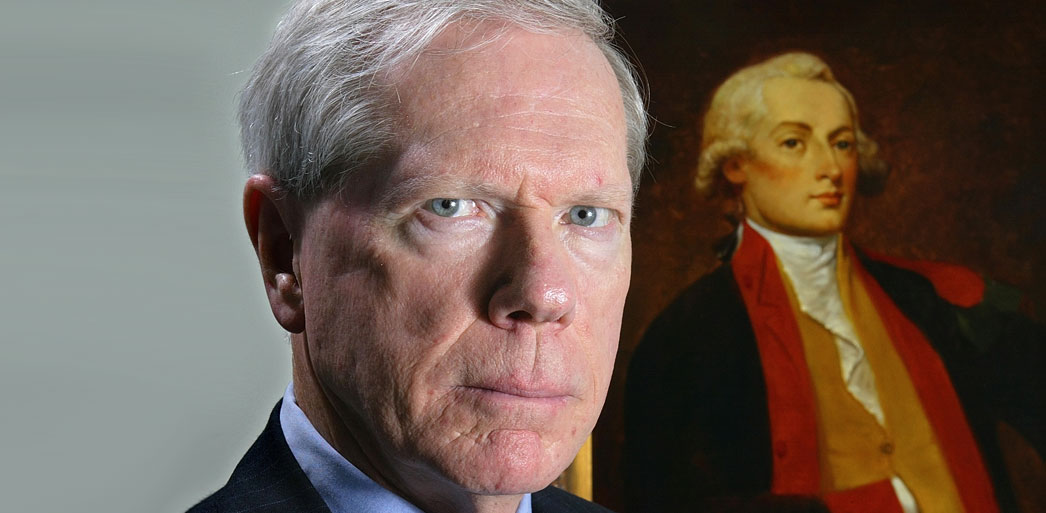
The inflation hoax
Yes, prices are rising, but not for the reasons the Federal Reserve says. When I say inflation is a hoax, I mean the purported cause is a hoax. The Fed is fighting a consumer inflation, a “demand-pull” inflation. But what we are experiencing is a supply-side inflation caused by the Covid lockdowns and economic sanctions that closed businesses, disrupted supply chains, and broke business relationships while reducing energy supplies to the UK and European countries, thus forcing up costs in a globalized economy.

Two-Party Pox: The Republicans suck and the Democrats want to kill you
The Republican Party has never stood up for Americans, will never stand up for them and is not going to do what it takes. Past is prologue.
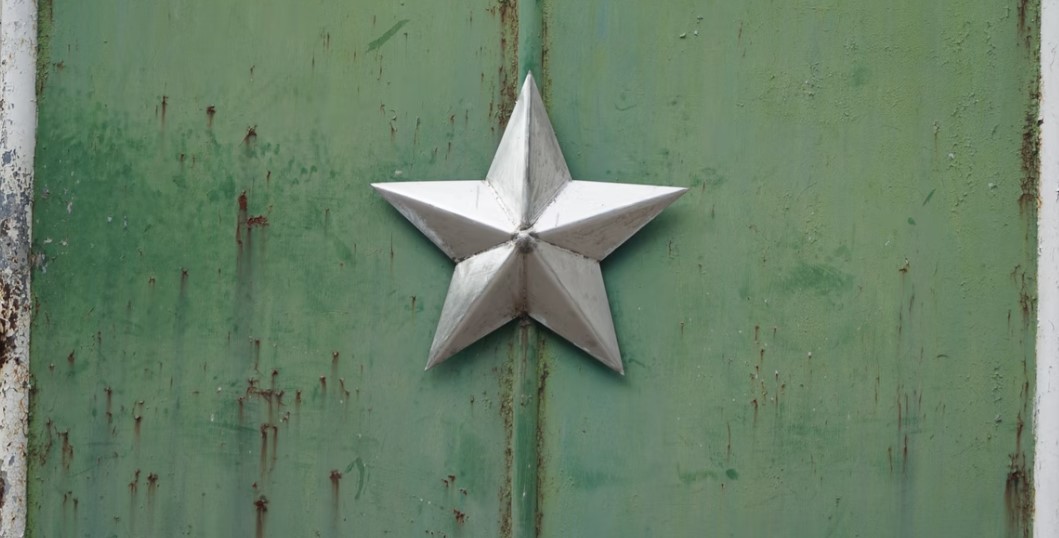
Russia’s loss at Kharkov highlights crippling shortage of men
KharkovThe frontline in this case relied on heavily outnumbered 2nd rate Lugansk draftees plucked from the LPR.
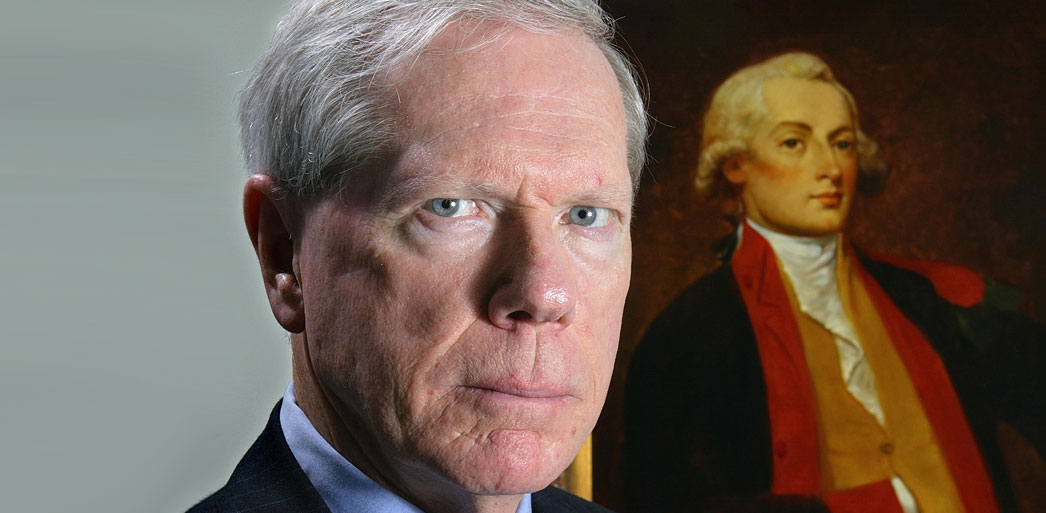
A country without an honest media is lost
For some time I have reported to you that in place of a media, a media that our founding fathers relied on to protect our society, the United States has had a propaganda ministry whose sole purpose is to destroy our society.

Sweden’s decaying democracy
A journalist is arrested and dragged out of the Gothenburg Book Fair because he politely asked a powerful politician... the wrong questions about his support for the ethnically-cleansed Zimbabwean dictatorship. Not only journalists, but academics and bloggers are being hounded by the leftist establishment daily. And the leftists have all the nasty instruments of the state at their disposal. Citizen reporter Fabian Fjälling looks into their excesses.
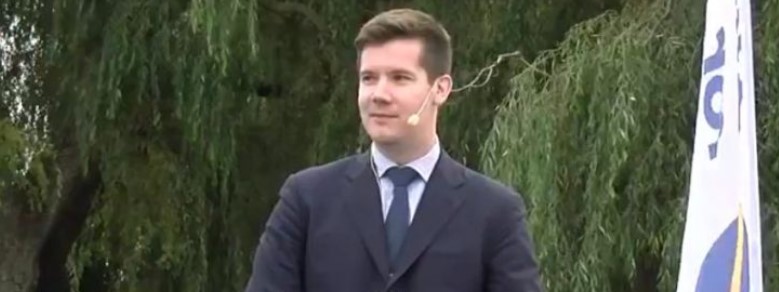
The geopolitical future of Nordic countries
Between unity and disunity, independence and foreign interference: Nordic countries have to either choose between creating an independent neutral block in the North, or seeing the region being divided between the great powers.
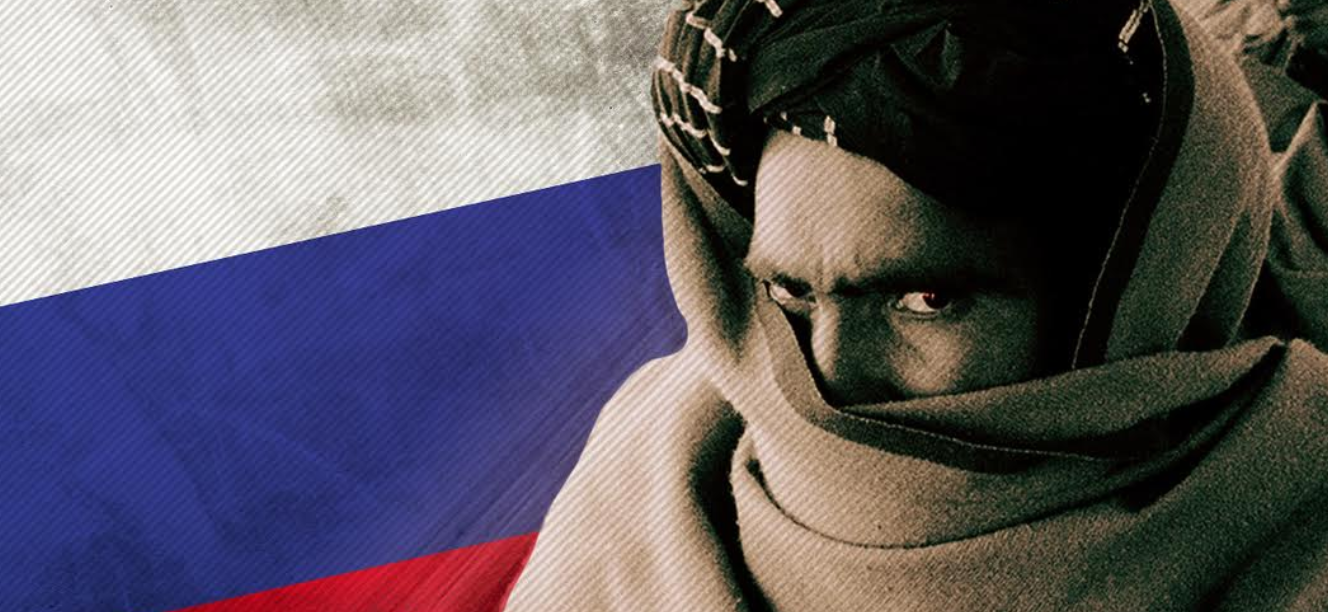
Russian, Chinese intelligence: ISIS heading for Central Asia with US cover
Operatives of the crumbling Islamic State in Syria and Iraq (ISIS) are moving to new battlegrounds near the Russian border, intelligence sources have revealed.

The unraveling of US/Russian relations
Washington has taken nuclear war against Russia from a hypothetical scenario to a real danger that threatens the future of humanity.

Hero commander killed in Syria – when the war is nearly won
For most Syrians it came as a shock: One of the most popular military commanders of the Syrian Arab Army, Issam Zahreddine, was killed on 18 October 2017.


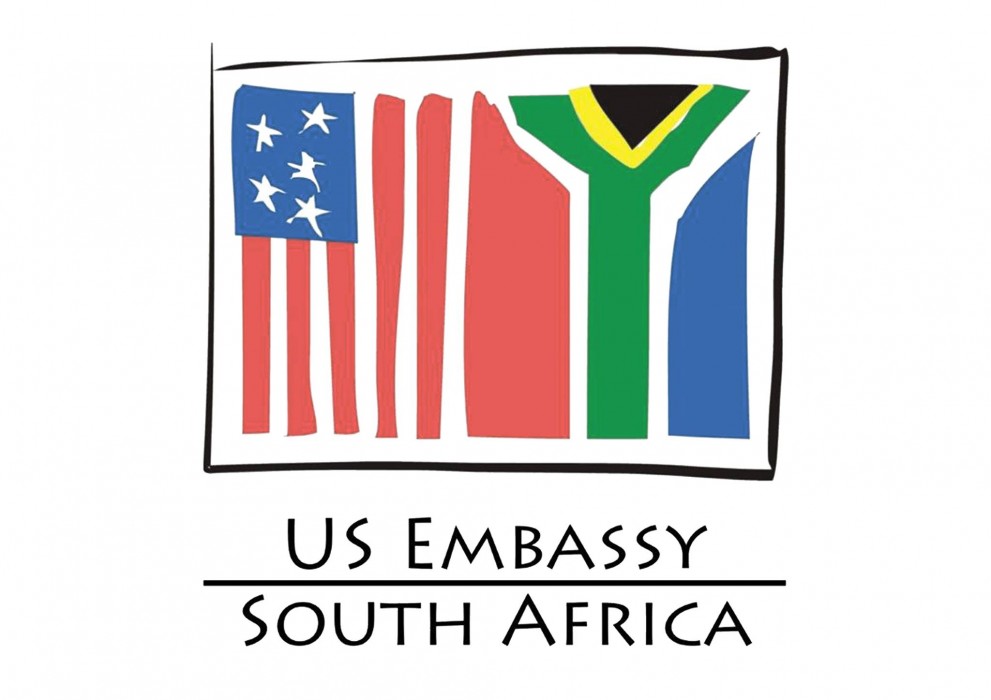
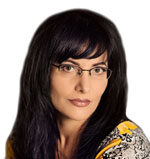
4 comments
Don’t for get Douglas Bader and some of the leaders of his time who supported Rhodesia and South Africa and that was in the 1970, thy knew wat was going to happen so read about them the liberals are really sick and should be ignored thy are dangerous
Someone must do something about the violence against White South Africans. It is extreme! It’s racism 2.0!
It must be stopped.
Whites are being Robbed, Raped, Murdered, and etc….and nothing is being done to stop this!
Something will have to be done! ASAP!
It’s like my country, the United States, wanted Africa to be void of all white people. Many of us thought Rhodesia was the sacrificial lamb. Nope. Now there is a hold up for white expats to immigrate to the U.S.. Wrong color. Muslims and other primitive third-world immigrants go to the head of the line before them without regard to their financial standing. White people have to show they will never be a financial burden to the United States.
There’s got to be a way for us to help them.
By submitting a comment you grant Free West Media a perpetual license to reproduce your words and name/web site in attribution. Inappropriate and irrelevant comments will be removed at an admin’s discretion. Your email is used for verification purposes only, it will never be shared.